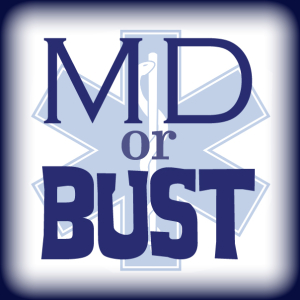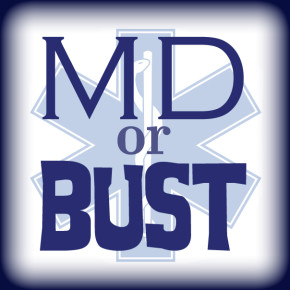Wendy Smith had thinning hair, penciled-in eyebrows, and a frame so thin that you could see, in painstaking detail, bluish-grey veins emanating from beneath her pale skin. Cancer had taken so much from her that she almost didn’t look human.
But the feeling in the room was extremely human. Fear — palpable fear. Fear made all the more palpable because this was an aggressive, rare form of cancer. Fear made all the more palpable because she is young, only in her early 30s. Fear made all the more palpable because the cancer had been discovered during postnatal care following the birth of her first child.
Motherhood … and chemotherapy.
It was hard not to detect a little desperation in her husband’s voice as he kept asking about new, experimental treatments he had read about in his own research. It is chilling to think that the notion of single fatherhood has undoubtedly crossed his mind.
Room Two
Susan James was older and had already experienced breast cancer, which had recurred for the umpteenth time after numerous rounds of treatment. However, the tumor in her breast was not the reason for today’s visit.
Today’s visit was to tell her about the tumor in her bladder.
Her visage was blank, almost hollow. The word “surgery” snapped her out of her shock. Waving her hands with tears welling in her eyes, she said she didn’t want to hear about surgery; she didn’t even want to think about it. She had already been under the knife half a dozen times, she had endured radiation and chemotherapy, and now she had to consider surgery to remove her bladder — it was just too much. Too much, at least for today. The doctor wisely pulled back, consoled Susan, and urged her to go home, to be with her family for the holidays, and maybe even to take a vacation. Decide in the New Year. No rush.
Room Three
John Peters was different. A veteran of cancer fights with the scars to prove it, John was nonchalant about his medical condition, nodding along to some of the doctor’s medical jargon and tossing out some of his own, a demonstration of the expertise he had accumulated in the course of his treatments. As we left the exam room, he casually asked for a syringe with some saline solution so that he could flush out his own nephrostomy tube, which, he noted in a matter-of-fact way, had become clogged after bleeding from his kidney.
Soapbox
It’s hard to imagine a more appropriate setting for patient-centered care than an oncology clinic. The doctor I shadowed employed many of its humanistic tenets to these three patients: sitting by their side, giving them a gentle touch on the shoulder, and conveying a strong sense of optimism without once veering into the dangerous, and often heartbreaking, territory of false hope. These qualities of good bedside manner are smart tactics, but they are even more effective in the context of a larger strategy that places the patient’s values, priorities, and dignity at the forefront.
Still, there is a tendency, on the part of some, to dismiss patient-centered care: being “extra nice” to patients is a quaint concept, but ultimately irrelevant and even naïve. With the pressures of the health care system, it is often thought to be entirely more efficient and important for doctors to focus on getting patients cured and out the door. We didn’t come to medical school to hold people’s hands —we came to treat them. I’ve sensed this attitude not only from practicing physicians, but also, on occasion, from fellow students. Intellectually, I know I should respect this view, just as I expect my more humanistic motivations to be given credence.
In reality, I have a hard time with this.
How can you treat people if you don’t understand them?
How can you treat people if you don’t even care to understand them?
Perhaps it comes down to how each of us defines success in medicine. Money in the bank? Social status? I am fond of joking that my bleeding-heart liberal Messiah complex will lead me to a career as a psychiatrist in a North Dakota prison, but I have few illusions in reality. I won’t pretend that I will eschew the rich socioeconomic perks that come with a medical career.
However, my main goal is different. I want to be meaningful and useful to my patients. I want to be a person they trust — a bedrock of support they can count on in the moments of confusion and uncertainty — in the moments of fear. I want my patients to feel like they’re going to be all right before I pull out a prescription pad. The patients I met in the oncology clinic were only there for office visits — their tumors didn’t shrink by the end of their appointments, but there was a sense of peace in their faces that wasn’t there twenty minutes earlier. Their cancer didn’t get any better, but, their fear did.
I don’t know — maybe I’m being naïve.
I’ll take my chances.
Author’s note: All patient names are pseudonyms and have been changed to protect patient privacy.
Numerous studies have documented that medical students lose empathy during clinical years, becoming jaded and pessimistic. This has been linked not only to diminished enjoyment of our work, but also to worse patient outcomes. My goal is to sustain the humanistic values that drive so many of us to medicine, so that, instead of being quelled by cynicism, our idealism can be refined by wisdom.







